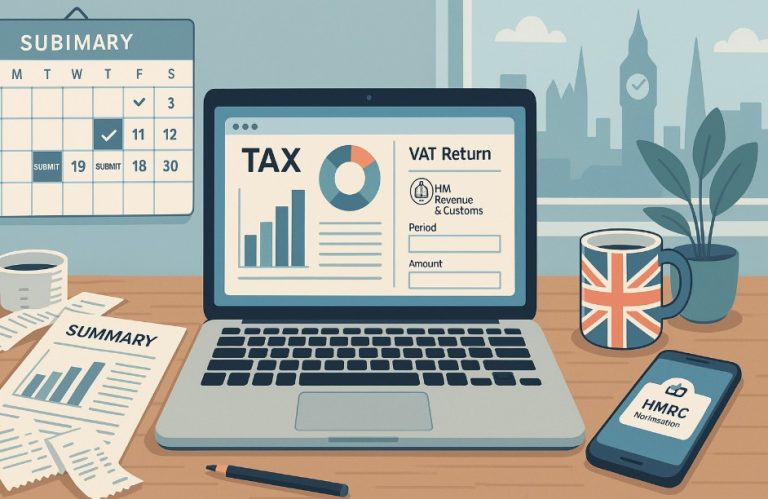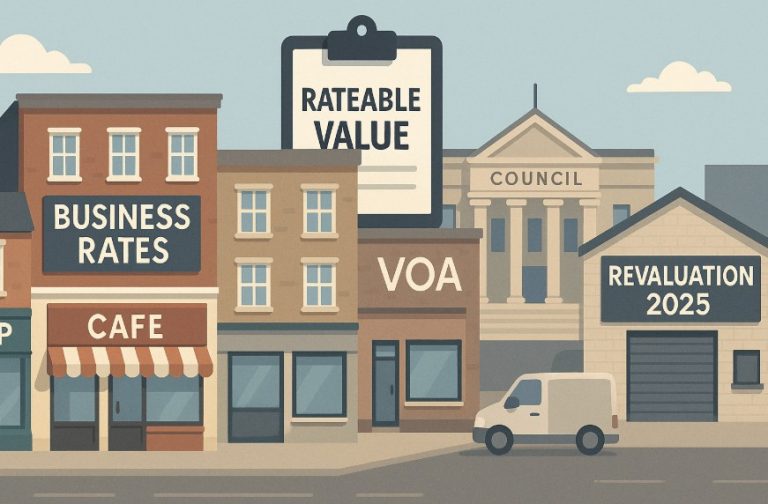How Much Money Can You Have in the Bank on Pension Credit?
Are there limits on how much you can save and still qualify for Pension Credit in the UK? How do your bank balances, investments, and assets influence your entitlement to this benefit?
For many older adults and retirees, navigating the financial support system can be confusing, especially when it comes to means-tested benefits like Pension Credit. Understanding how savings and capital are treated is essential to ensuring you receive the financial help you’re eligible for.
This comprehensive guide addresses all key aspects of how your savings influence Pension Credit, including capital thresholds, deemed income rules, and common misconceptions that often lead to people missing out on support.
What Is Pension Credit and Who Is Eligible?

Pension Credit is a means-tested benefit offered by the UK Government to individuals over State Pension age who have a low income. The primary aim of the benefit is to ensure pensioners have a minimum guaranteed level of income in later life.
There are two parts to Pension Credit:
- Guarantee Credit: Tops up your weekly income to a minimum level set by the government.
- Savings Credit: A small additional payment for those who saved for retirement, available only to individuals who reached State Pension age before 6 April 2016.
To qualify, applicants must live in England, Scotland, or Wales and have reached State Pension age. Entitlement is based on income and savings, rather than National Insurance contributions.
Is There a Limit to How Much Money You Can Have in the Bank for Pension Credit?
There is no fixed maximum amount of savings that automatically disqualifies someone from receiving Pension Credit. This is a key distinction from other means-tested benefits like Universal Credit, which impose a hard limit on capital.
Instead, Pension Credit uses a tariff income system to assess how much your savings affect your entitlement. This system begins to apply once your total capital exceeds £10,000.
This means you can have more than £10,000 in savings and still be eligible for Pension Credit your payments will just be reduced based on how much you have over the threshold.
How Do Savings and Capital Affect Pension Credit?
Savings and other forms of capital are factored into the Pension Credit means test using the DWP tariff income model.
Under this approach, for every £500 (or part thereof) you hold above the £10,000 threshold, the government assumes you have £1 per week in additional income.
This notional income is added to your real income (such as a State Pension or private pension) to assess eligibility.
Savings Examples and Deemed Income
| Total Savings | Deemed Weekly Income (Tariff) |
| £10,000 or less | £0 |
| £11,000 | £2 |
| £12,500 | £5 |
| £14,000 | £8 |
| £16,000 | £12 |
| £18,000 | £16 |
| £20,000 | £20 |
This means that even if you have £20,000 in the bank, you are not automatically excluded you may still receive some level of Pension Credit, especially if your income is modest.
What Counts as Savings or Capital for Pension Credit?

The Department for Work and Pensions (DWP) considers a wide range of financial assets as capital. This includes not just bank account balances, but also other forms of savings and investments.
Types of capital assessed:
- Cash savings in bank or building society accounts (including current accounts)
- Fixed-term savings (e.g. bonds or deposit accounts)
- Cash ISAs and Stocks & Shares ISAs
- National Savings Certificates
- Premium Bonds
- Stocks and shares
- Property other than your main home
- Compensation payments (depending on the source)
Capital that is not included generally covers:
- Your primary residence
- Certain one-off payments (in some cases)
- Assets held in trust for others
It’s important to report these assets accurately when applying, as undeclared savings can lead to overpayments or investigations.
How Much Income Can You Have and Still Receive Pension Credit?
The weekly income thresholds for Pension Credit vary based on whether you’re applying as a single person or a couple. As of the 2024/25 tax year, the following thresholds apply:
| Household Type | Minimum Weekly Income (after assessment) |
| Single person | £218.15 |
| Couple | £332.95 |
If your total weekly income (including deemed income from savings) is below these levels, you could be eligible for a top-up through Guarantee Credit.
How Is Pension Credit Calculated If You Have Over £10,000 in Savings?

When your savings exceed the £10,000 threshold, your entitlement is reduced using the tariff income model described earlier. For every £500 or part thereof over £10,000, you lose £1 per week in assumed income.
Here’s how the calculation typically works:
- Determine total savings (excluding your main home and disregarded assets).
- Subtract £10,000 to find the excess amount.
- Divide the excess by £500, rounding up to the nearest £500.
- Multiply by £1 to find your weekly deemed income.
- Add this to your actual weekly income to check whether your total income is still below the threshold.
This approach provides a gradual reduction in entitlement, rather than cutting it off completely once savings cross a set limit.
Can You Still Get Pension Credit With Over £20,000 in the Bank?
Yes. Unlike some benefits that cut off eligibility completely once capital exceeds a specific value, Pension Credit uses a more flexible approach.
For example:
- An individual with £20,000 in savings has £10,000 over the limit.
- That translates into a £20 weekly tariff income.
- If their other weekly income is £190, their total income is £210.
- As this is still below the £218.15 threshold for a single person, they would still receive some Pension Credit, though reduced.
This is particularly important for pensioners with small private pensions or savings accumulated over many years.
What Are Common Misconceptions About Pension Credit and Savings?

One of the most common myths is that having any savings at all disqualifies you from receiving Pension Credit.
This is simply not true. In reality, savings under £10,000 are disregarded completely, and savings over that amount only reduce entitlement gradually.
Another misconception is that a sudden windfall, like an inheritance or insurance payout, will end your benefit entitlement. In many cases, if the money is spent on essentials or not retained as capital for long, it may not have a lasting impact on your eligibility.
There is also confusion between Pension Credit and other benefits like Universal Credit, which have a hard upper limit. The DWP takes a more flexible, case-by-case approach with Pension Credit, allowing for continued support where justified.
What Should You Do If You’re Unsure About Your Eligibility?
It’s worth applying even if you think you may not qualify. Every year, thousands of eligible pensioners in the UK miss out on Pension Credit simply because they assume their income or savings are too high.
The application process is straightforward and can be completed:
- Online at gov.uk/pension-credit
- By phone via the Pension Credit claim line
- Through a paper application
- With help from Citizens Advice or Age UK
Even if you qualify for just a small amount, it could entitle you to other benefits such as:
- Free NHS dental treatment
- Cold Weather Payments
- Help with Council Tax
- Housing Benefit (if you rent)
Frequently Asked Questions
Is there a savings limit that disqualifies you from Pension Credit?
No. Pension Credit does not have a fixed savings limit. Instead, savings above £10,000 reduce entitlement using a notional income formula.
Are ISAs counted towards Pension Credit savings?
Yes. Both Cash ISAs and Stocks & Shares ISAs are included as part of your total capital.
How does the £10,000 savings threshold work?
Any savings above £10,000 generate a notional income of £1 per week for every £500 (or part thereof). This is added to your other income to assess eligibility.
Can a couple with £20,000 in combined savings still get Pension Credit?
Yes. For couples, savings are assessed jointly. As long as their total deemed and actual income is below £332.95 per week, they may still qualify.
What types of capital are excluded from the Pension Credit means test?
Your main home is excluded. Certain compensation payments and money held for specific purposes (such as funeral expenses) may also be disregarded.
Will a lump sum affect my Pension Credit?
It can. If the money remains in your account and increases your total savings over £10,000, it may reduce your entitlement through the tariff income model.
How does the DWP verify your savings?
The DWP may request recent bank statements or access financial data to confirm your declared assets during the application process.
READ MORE:







